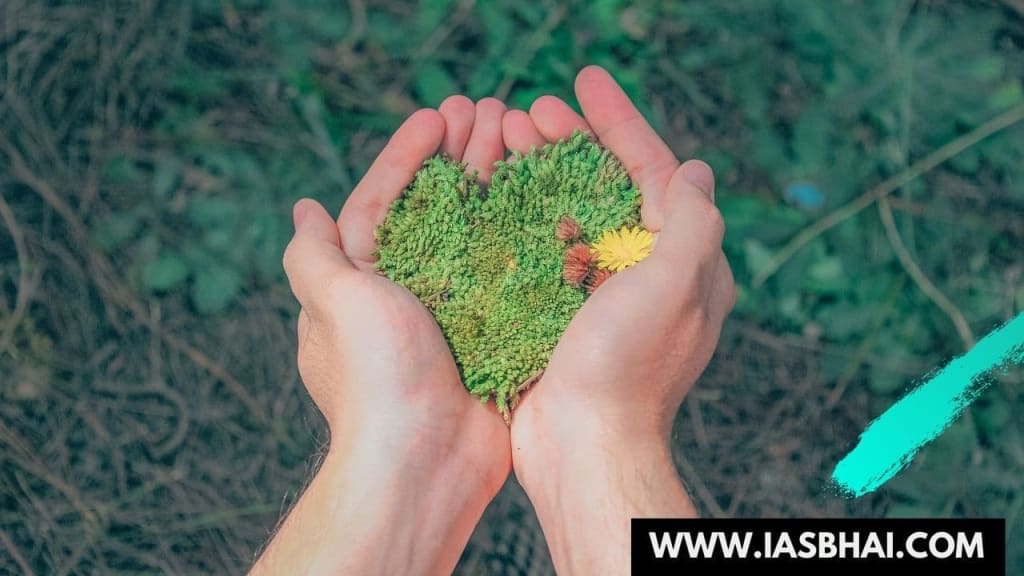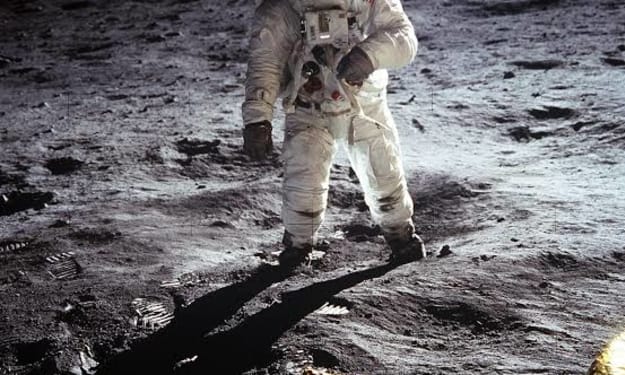
Since 1974, World Environment Day has been celebrated every year on 5 June, engaging governments, businesses and citizens in an effort to address pressing environmental issues.
For too long, we have been exploiting and destroying our planet’s ecosystems.
Every three seconds, the world loses enough forest to cover a football pitch and over the last century we have destroyed half of our wetlands.
As much as 50 per cent of our coral reefs have already been lost and up to 90 per cent of coral reefs could be lost by 2050, even if global warming is limited to an increase of 1.5°C.
Ecosystem restoration means preventing, halting and reversing this damage – to go from exploiting nature to healing it.
This World Environment Day will kick off the UN Decade on Ecosystem Restoration, a global mission to revive billions of hectares, from forests to farmlands, from the top of mountains to the depth of the sea.
Only with healthy ecosystems can we enhance people’s livelihoods, counteract climate change and stop the collapse of biodiversity.
THE THEME
Some countries have already invested in restoration as part of their strategies to bounce back from COVID-19.
Others are turning to restoration to help them adapt to a climate that is already changing.
The theme of this year’s World Environment Day is Ecosystem Restoration.
THE COMMUNITY
It pushes for individuals to think about the way they consume; for businesses to develop greener models; for farmers and manufacturers to produce more sustainably.
Also, for governments to invest in repairing the environment; for educators to inspire students to take action; and for youth to build a greener future.
Everybody living on this planet, in this moment in time can be a part of #GenerationRestoration
THE HOST
Every World Environment Day is hosted by a different country in which official celebrations take place. This year’s host is Pakistan.
REIMAGINE. RECREATE. RESTORE.
Ecosystem loss is depriving the world of carbon sinks, like forests and peatlands, at a time humanity can least afford it.
Global greenhouse gas emissions have grown for three consecutive years and the planet is one pace for potentially catastrophic climate change.
The emergence of COVID-19 has also shown just how disastrous the consequences of ecosystem loss can be.
By shrinking the area of natural habitat for animals, we have created ideal conditions for pathogens – including coronaviruses – to spread.
With this big and challenging picture, the World Environment Day is focus in the ecosystem restoration and its theme is “Reimagine. Recreate.Restore.”
Ecosystem restoration means preventing, halting and reversing this damage – to go from exploiting nature to healing it.
This World Environment Day will kick off the UN Decade on Ecosystem Restoration (2021-2030), a global mission to revive billions of hectares, from forests to farmlands, from the top of mountains to the depth of the sea.
Only with healthy ecosystems can we enhance people’s livelihoods, counteract climate change and stop the collapse of biodiversity.
INVESTING IN ECOSYSTEMS
World Environment Day 2021, which counts with Pakistan as the host country this year for its official celebrations, calls for urgent action to revive our damaged ecosystems.
From forests to peatlands to coasts, we all depend on healthy ecosystems for our survival.
Ecosystems are defined as the interaction between living organisms – plants, animals, people – with their surroundings. This includes nature, but also human-made systems such as cities or farms.
Ecosystem restoration is a global undertaking at massive scale.
It means repairing billions of hectares of land – an area greater than China or the USA – so that people have access to food, clean water and jobs.
It means bringing back plants and animals from the brink of extinction, from the peaks of mountains to the depths of the sea.
But it also includes the many small actions everyone can take, every day: growing trees, greening our cities, rewilding our gardens or cleaning up trash alongside rivers and coasts.
Restoring ecosystems carries substantial benefits for people.
For every dollar invested in restoration, at least seven to thirty dollars in returns for society can be expected. Restoration also creates jobs in rural areas where they are most needed.





Comments
There are no comments for this story
Be the first to respond and start the conversation.